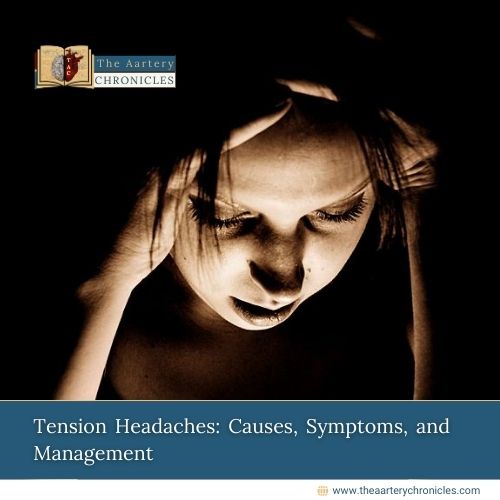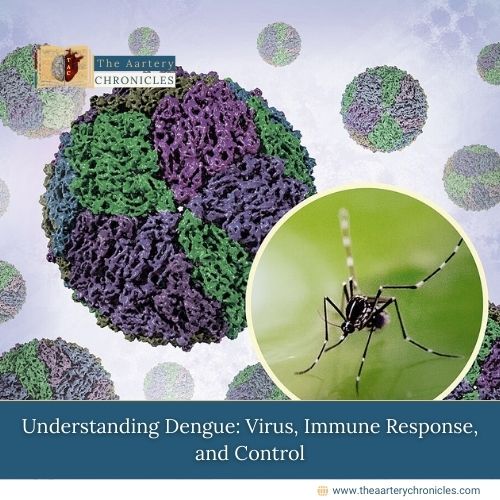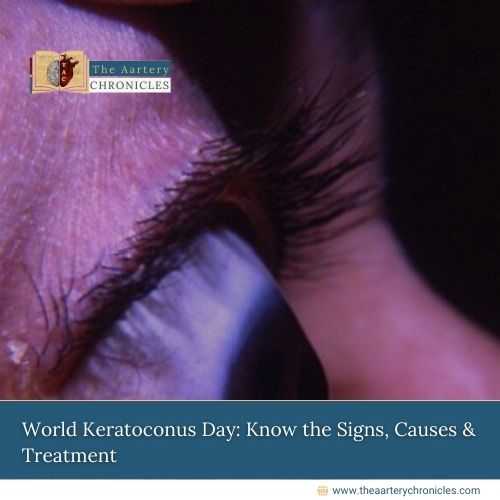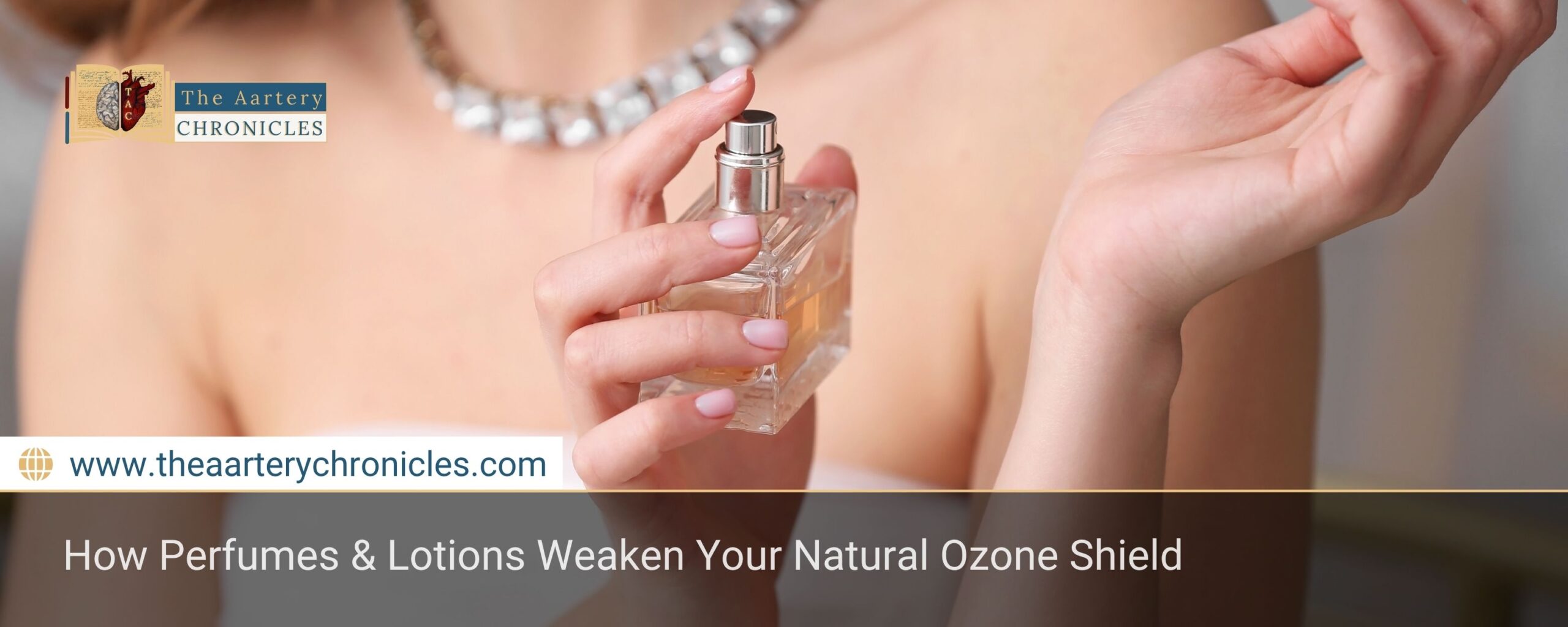
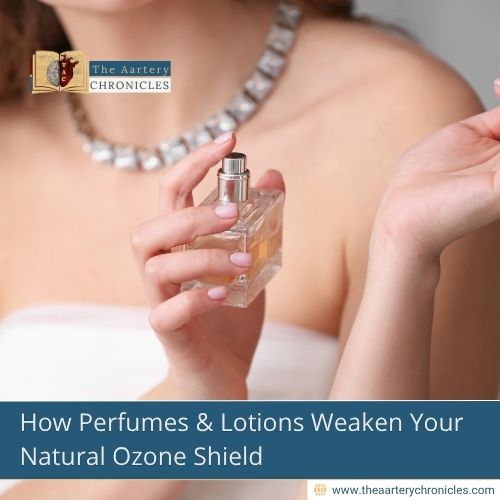
How Perfumes & Lotions Weaken Your Natural Ozone Shield
Summary: Fragrances and lotions may smell divine, but they can weaken your body’s natural defence against ozone. A new study shows that personal care products disrupt the protective air chemistry around your body, increasing your exposure to indoor pollutants. Here’s how and why it matters.
Did You Know Your Skin Has a Built-In Pollution Shield?
You may love your daily spritz of perfume or silky lotion, but here’s a surprising fact: these personal care products can interfere with your body’s natural defence against pollution. According to a new study in Science Advances, perfumes and even unscented lotions can disrupt a chemical barrier around your body that’s created when skin oils react with indoor ozone.
This barrier, known as the human oxidation field, plays a vital role in shielding you from harmful airborne chemicals. The research, led by scientists from Penn State and international collaborators, reveals how common products alter this protective layer and why it matters.
Fragrances Alter Your Body’s Air Chemistry
“We’re not just changing how we smell, we’re altering the air around us,” explains Donghyun Rim, associate professor of architectural engineering at Penn State.
“Think of people as candlelight, our body temperature is typically the warmest thing in the indoor environment,” he said. “We’re constantly pulling the air around us toward us, creating chemical reactions in the immediate area around our bodies — a phenomenon we call the human oxidation field. Our skin can absorb ozone, which is beneficial because it prevents us from inhaling ozone directly.”
If people are thought of as candlelight, just as a candle draws air around it, our warm bodies pull in air, triggering chemical reactions right next to our skin.
When our natural skin oils interact with ozone (a common indoor pollutant), they form hydroxyl (OH) radicals, which act like a chemical force field. But when personal care products are applied, this reaction changes and so does the field.
What Happens When Ozone Meets Skin Oils?
The interaction is complex. On one hand, skin absorbs ozone (common indoor pollutant), which prevents us from inhaling it directly. That’s good. But when ozone reacts with skin, it also produces OH radicals, which kick off a chain of chemical reactions, releasing other compounds into the air.
“We still don’t fully understand the impact of these byproducts,” says Rim. “But we’re working to understand it.”
Controlled Experiments Confirm the Disruption
To test the theory, researchers had volunteers sit inside an ozone-controlled chamber. First, they measured the natural OH field without any products. Then, participants applied either an unscented lotion or a popular fragrance.
What happened?
- Unscented lotion caused a 170% increase in OH reactivity and a 140% drop in OH concentration around the body.
- This meant the natural ozone barrier weakened by more than half, as OH radicals dispersed into the surrounding air.
That’s a big hit to your personal pollution shield, just from using lotion.
Perfume’s Quick Hit vs. Lotion’s Lingering Effect
Interestingly, the type of product made a difference.
- Fragrances had a stronger but shorter impact, due to the rapid breakdown of volatile compounds like ethanol.
- Lotions, on the other hand, had a more persistent effect on the oxidation field because they release organic compounds more slowly over time.
As lead author Nora Zannoni from the Institute of Atmospheric Sciences and Climate in Bologna notes: “Fragrances impact OH reactivity and concentration over shorter time periods, whereas lotions show more persistent effects.”
Why This Matters Indoors
We spend about 90% of our lives indoors, where ozone from outside seeps in. The air we breathe at home or in offices is already compromised, and our own personal care routines may be unintentionally reducing our natural line of defense.
The human oxidation field was only recently discovered (by this same Penn State team in 2022), and now we know that our beauty habits can weaken this invisible protective shield.
Conclusion: Rethinking Personal Care Products
This isn’t a call to ditch perfumes and lotions completely, but it’s a wake-up call to reconsider what we put on our skin. Personal care products, even unscented ones, can significantly impact the natural chemistry of the air around us, reducing our protection against indoor pollutants.
As research continues, awareness is key. Knowing that your lotion could be interfering with your body’s ozone barrier helps you make more informed decisions for your health and the air you breathe.

Dane
I am an MBBS graduate and a dedicated medical writer with a strong passion for deep research and psychology. I enjoy breaking down complex medical topics into engaging, easy-to-understand content, aiming to educate and inspire readers by exploring the fascinating connection between health, science, and the human mind.






